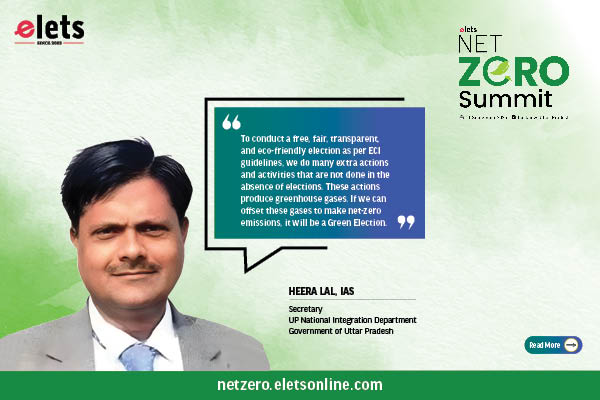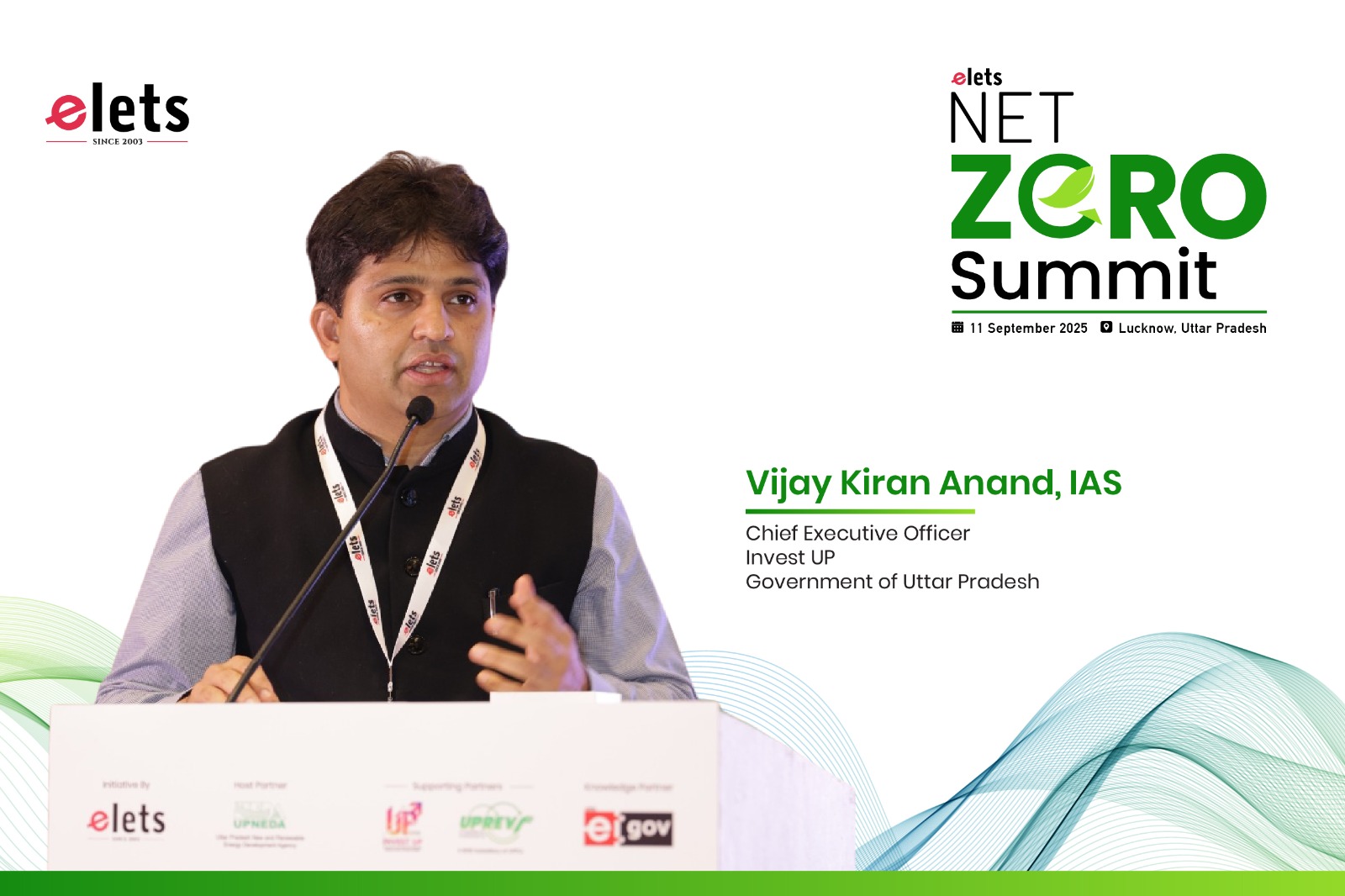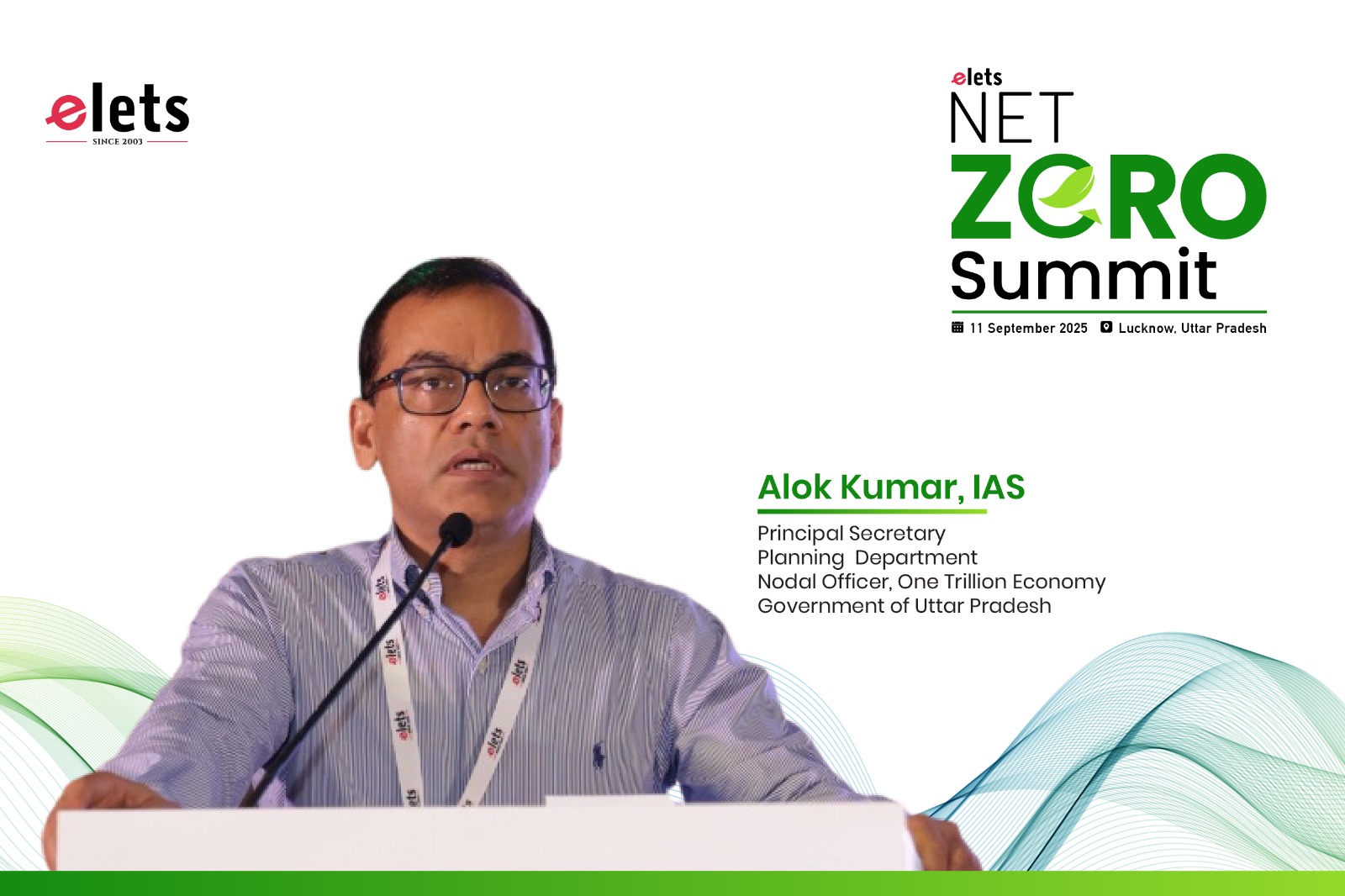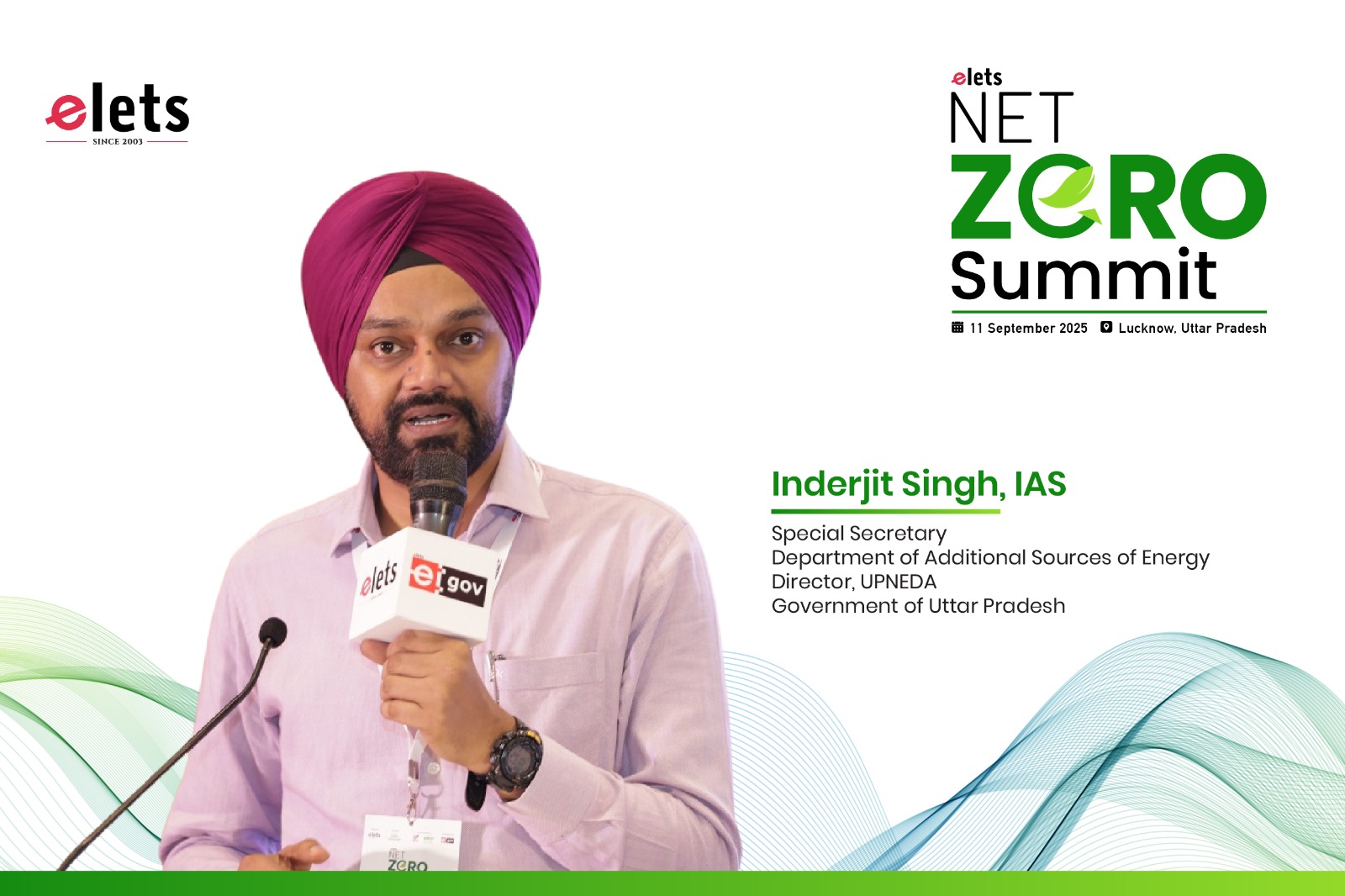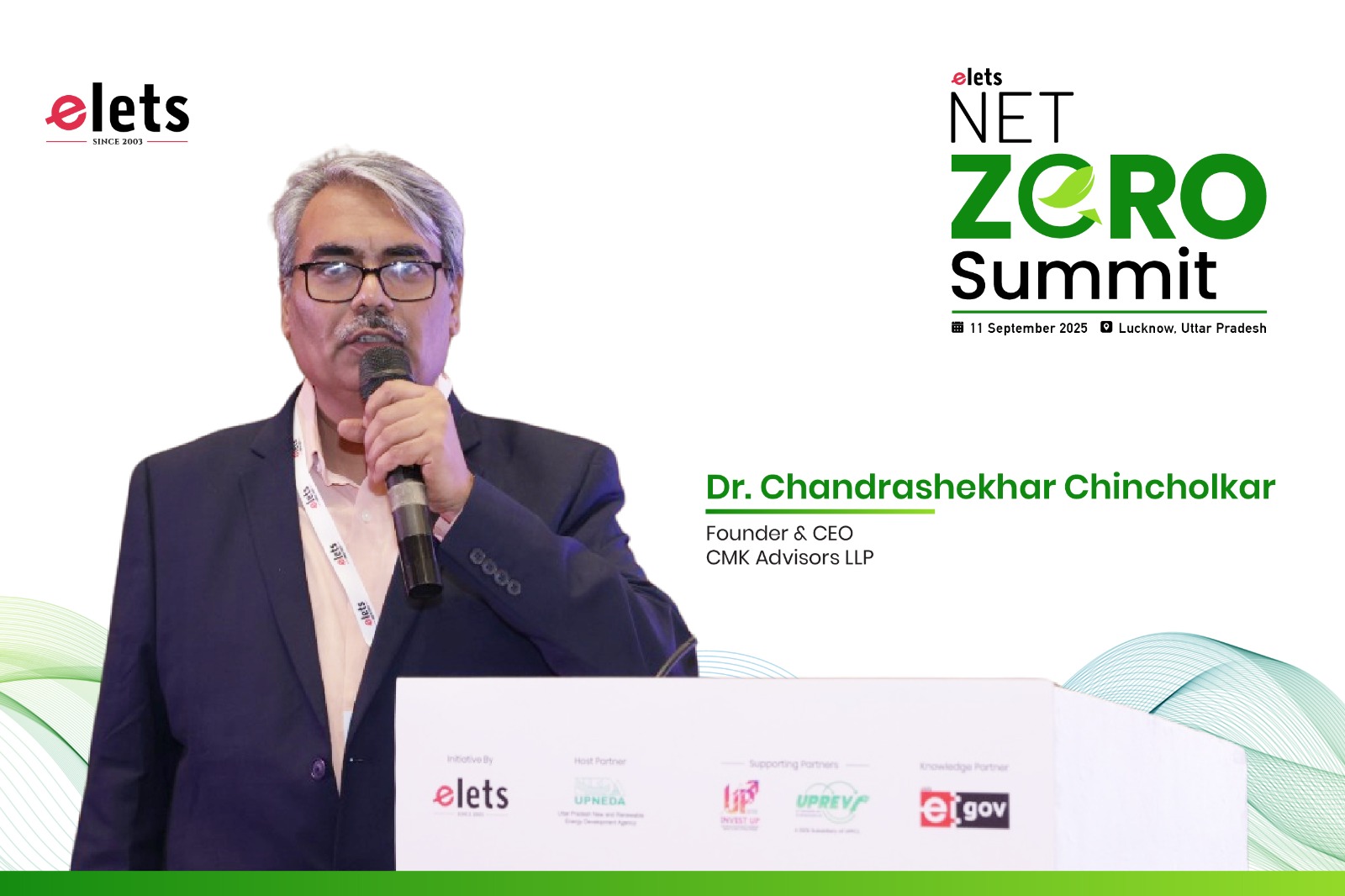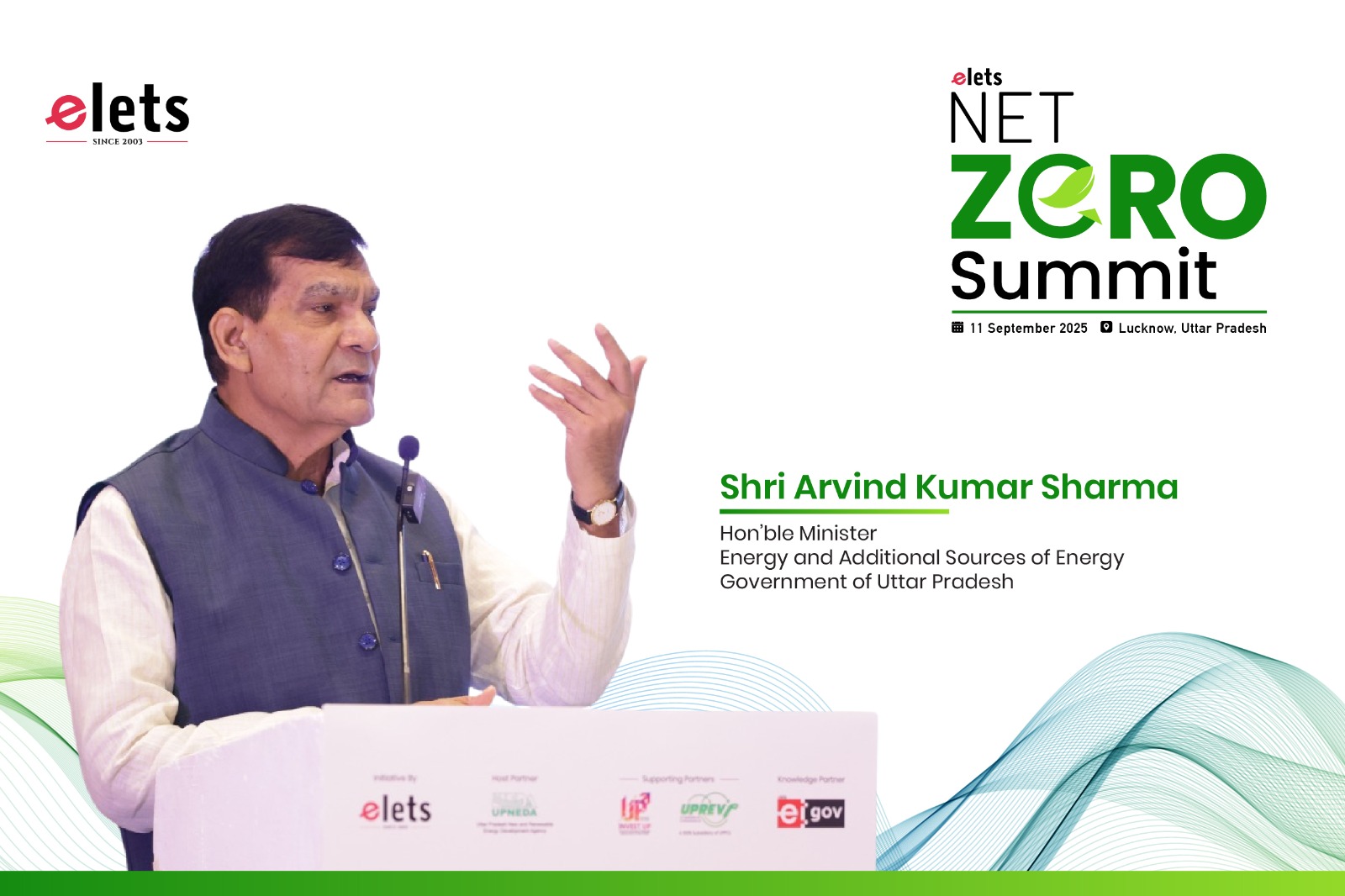
The future of our planet depends on the choices we make today, and each of us has the power to drive meaningful change. Sustainability is no longer an option but a necessity, requiring proactive efforts from individuals, industries, and governments alike. At Cochin International Airport Ltd. (CIAL), we have embraced this responsibility by pioneering innovative green energy solutions, setting new benchmarks for the aviation industry.
As the world’s first airport fully powered by solar energy, CIAL has redefined what is possible, proving that large-scale infrastructure can operate efficiently while minimizing its environmental footprint. Our journey towards sustainability is guided by a fundamental belief “True progress comes not just from adapting to change but from leading it.” We view sustainability as a dynamic and evolving practice—one that demands creativity, commitment, and a willingness to challenge conventional norms. By integrating renewable energy solutions into our operations, we aim to inspire optimism and demonstrate that even the most complex challenges can be met with innovative solutions. At CIAL, our mission is to identify and implement opportunities that create a tangible impact, fostering a future where sustainable practices are not just encouraged but embedded into everyday life.
Green Energy at CIAL
Operating an airport requires an immense amount of energy, making sustainability a significant challenge. However, at CIAL, we have turned this challenge into an opportunity by adopting green energy solutions to create a healthier and more sustainable planet.
Our groundbreaking initiative—proving that even high-energy consumers like airports can run entirely on renewable power—earned us the prestigious Champions of the Earth award from the United Nations. While it is uncommon for airport operators to venture into green energy production, we saw it as both a responsibility and a necessity.
The aviation sector is often criticized for its greenhouse gas emissions, and at this critical juncture, CIAL is committed to leading by example—developing renewable energy projects that not only power our airport but also significantly reduce our carbon footprint.
A World First: Hydrogen Plant at an Airport
As part of our long-term sustainability vision, Cochin International Airport Ltd. (CIAL) is once again breaking new ground by venturing into green hydrogen. In collaboration with Bharat Petroleum Corporation Limited (BPCL), CIAL is set to establish the world’s first green hydrogen plant within an airport. This pioneering project underscores our commitment to exploring cutting-edge clean energy solutions and reinforces our position as a global leader in sustainable aviation.
Green hydrogen, produced through the electrolysis of water using renewable energy, is widely regarded as the future of clean energy. It has the potential to revolutionize industries by providing a zero-emission alternative to fossil fuels. Recognizing this transformative potential, CIAL has partnered with BPCL to set up a 1,000 kW pilot plant at Cochin International Airport.
As the world’s first airport fully powered by solar energy, CIAL has redefined what is possible, proving that large-scale infrastructure can operate efficiently while minimizing its environmental footprint.
This project will integrate solar power and other renewable energy sources to produce green hydrogen, marking a significant milestone in the global transition to sustainable energy. The hydrogen produced at the plant will initially be used to power airport vehicles, including ground support equipment and buses, significantly reducing the airport’s reliance on fossil fuels and further lowering its carbon footprint.
While the pilot plant has a capacity of 1,000 kW, the project is designed with scalability in mind. As technology advances and demand for green hydrogen grows, the plant’s capacity can be expanded to support a wider range of applications.
Why Green Hydrogen?
Green hydrogen is a game-changer in the global effort to combat climate change. Unlike conventional hydrogen production methods, which rely on fossil fuels and emit significant amounts of CO, green hydrogen is produced using renewable energy, making it a truly sustainable energy source. Its versatility allows it to be used across various sectors, including transportation, industry, and energy storage, positioning it as a cornerstone of the clean energy transition.
CIAL’s Vision for a HydrogenPowered Future
CIAL’s foray into green hydrogen is a natural extension of its commitment to sustainability. By establishing the world’s first green hydrogen plant at an airport, we aim to:
- Demonstrate the viability of green hydrogen as a clean energy solution for high-energy-demand sectors like aviation.
- Inspire airports and industries worldwide to adopt similar initiatives, accelerating the global shift toward renewable energy.
- Position Cochin International Airport as a hub for innovation and sustainability, setting new standards for the aviation industry.
A Global Model for Sustainability
The green hydrogen project is a testament to CIAL’s unwavering dedication to sustainability and innovation. It builds upon our legacy as the world’s first fully solar-powered airport and reinforces our role as a trailblazer in the aviation sector. By embracing green hydrogen, we are not only addressing today’s environmental challenges but also paving the way for a cleaner, greener future.
As we prepare to inaugurate the green hydrogen plant this year, we invite the world to join us in this transformative journey. Together, we can harness the power of green hydrogen to create a sustainable future for generations to come.
CIAL has been at the forefront of renewable energy adoption since 2013, when we launched our first solar project. In 2015, we became the first airport in the world to operate entirely on solar energy, with an extensive installation of 46,150 panels spread across 45 acres near the cargo complex.
On-Site Solar Power Initiatives CIAL has been at the forefront of renewable energy adoption since 2013, when we launched our first solar project. In 2015, we became the first airport in the world to operate entirely on solar energy, with an extensive installation of 46,150 panels spread across 45 acres near the cargo complex.
Our commitment to sustainability led to further innovations, including a 2.25 lakh sq. ft. solar carport with an installed capacity of 5 MWp, accommodating 2,500 cars. Today, CIAL operates seven solar plants around the airport, with a cumulative capacity of 40 MWp, and continues to expand its renewable energy portfolio.
Agri-Voltaic Practices
CIAL’s sustainability efforts go beyond energy generation. In July 2021, we integrated Agri-Voltaic farming within our solar fields, utilizing 20 acres of our largest solar plant for crop cultivation. This initiative enables us to grow yam, drumstick, turmeric, and green chilli while optimizing land use.
- Water used for cleaning solar panels is repurposed for irrigation, creating a sustainable loop.
- Vegetation under solar panels helps regulate temperatures, prevent soil erosion, and suppress weed growth, enhancing overall solar efficiency.
Also Read :- ANERT’S bold vision scaling Kerala’s renewable energy future
Floating Solar Power Plants
Innovation remains central to our sustainability journey. One of our most significant achievements in renewable energy is the installation of floating solar panels on two artificial lakes within our 130-acre golf course.
- 1,300 photovoltaic panels, mounted on high-density polyethylene floats, are connected to the Kerala State Electricity Board (KSEB) power grid.
- This project is part of CIAL’s Total Sustainability Management (TSM) approach, where treated water from the airport’s sewage treatment plant is used for water harvesting.
By integrating renewable energy with resource management, we have created a replicable model for other institutions worldwide.
Hydroelectric Project at Arippara, Kozhikode
Recognizing the need to diversify clean energy sources, CIAL has ventured into hydroelectric power generation. A 4.5 MW run-of-the-river hydroelectric project at Arippara, Kozhikode, was commissioned under a 30-year BOOT (Build-OwnOperate-Transfer) agreement with the Government of Kerala.
This project operates with minimal water storage, ensuring no adverse environmental impact while contributing to Kerala’s green energy capacity.
Hydroelectric Project at Arippara, Kozhikode
Terrain-Based Solar Power Plant at Payyannur, Kannur. Our latest renewable energy initiative is a 12 MWp solar plant at Payyannur, Kannur, designed using terrain-based installation techniques.
Unlike conventional flatland installations, this approach utilizes the natural contours of the land, optimizing space and increasing solar efficiency. By strategically positioning solar modules along slopes, we have maximized land utilization, increasing our installed capacity by 35% compared to traditional setups.
With this project, CIAL’s total solar power capacity has now reached 50 MWp, reinforcing its commitment to sustainable aviation.
Impact of CIAL’s Renewable Energy Initiatives
With a cumulative installed capacity of 50 MWp, CIAL now produces 7.3 crore units of green energy annually. This initiative reduces our carbon footprint by 28,000 metric tons per year— equivalent to planting 46 lakh trees over a decade. The shift to renewable energy saves approximately 1.19 crore litres of fossil fuel annually.
CIAL’s journey in sustainable aviation has always been about pushing boundaries and demonstrating that clean energy solutions are viable even in high-energy-demand sectors. At CIAL, we believe sustainability is not just an obligation but an opportunity—an opportunity to lead by example and inspire industries worldwide to rethink their approach to energy consumption.
Be a part of Elets Collaborative Initiatives. Join Us for Upcoming Events and explore business opportunities. Like us on Facebook , connect with us on LinkedIn and follow us on Twitter, Instagram.
"Exciting news! Elets technomedia is now on WhatsApp Channels Subscribe today by clicking the link and stay updated with the latest insights!" Click here!




